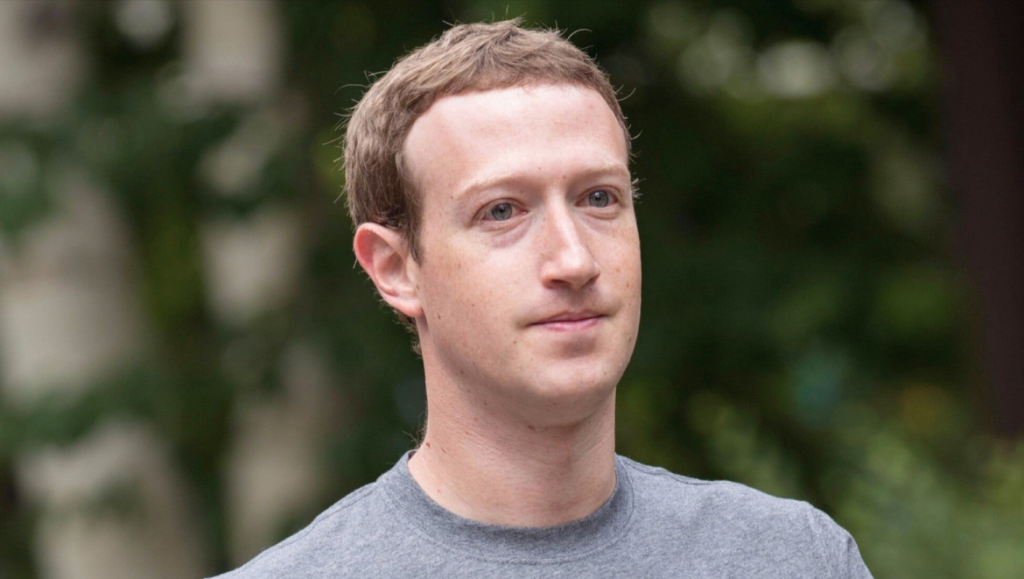Artificial intelligence might be defining the decade, but even its most vocal advocates are beginning to tap the brakes. Meta CEO Mark Zuckerberg has joined the growing chorus of industry leaders suggesting that the world may be witnessing the early signs of an AI bubble — one inflated by speculative capital and sky-high expectations.
Zuckerberg’s concerns echo those of OpenAI’s Sam Altman, who has repeatedly warned that the industry’s momentum feels eerily similar to past technology booms that ended in sharp corrections.
“When bubbles happen, people get excited about a small core of truth — but the enthusiasm gets out of hand,” Altman said earlier this year.
The Signs of Overheating
AI’s explosive growth has reshaped nearly every corner of the tech ecosystem — from software and semiconductor markets to education, design, and entertainment. But beneath the excitement lies a familiar economic rhythm: rapid innovation, investor frenzy, and an inevitable recalibration.
Zuckerberg stopped short of predicting a crash, but pointed to early indicators — overvalued startups, inflated expectations, and a flood of projects chasing attention rather than sustainable use cases.
Similar concerns have surfaced across the industry. Analysts at AI Insights News recently described this trend as part of a broader artificial intelligence bubble boom — a cycle fueled by unprecedented investor optimism and limited regulatory clarity.
Beyond the Hype: The Real AI Economy
While tech giants continue to pour billions into AI chips, cloud infrastructure, and model development, many smaller players are struggling to prove real-world viability. According to recent funding data, a majority of AI startups launched in 2023 still lack clear revenue models or deployable products.
This pattern mirrors what economists call the “innovation-investment gap” — when financial speculation outpaces measurable technological progress. As one analyst noted, “AI is no longer about invention alone; it’s about execution, accountability, and market trust.”
The AI investment bubble continues to expand, but the question remains: how much of this growth reflects genuine value versus inflated valuations?
Who Survives the AI Shakeout?
If a correction does occur, experts predict it will resemble a market cleansing rather than a collapse. Companies with real intellectual property, scalable infrastructure, and adaptive business models will endure — while others built purely on hype may fade quickly.
Altman and Zuckerberg both seem to agree on one thing: the next phase of AI growth must prioritize stability and responsibility over spectacle. Their warnings align with emerging analysis suggesting that the AI bubble could pop under billion-dollar economic pressure — particularly if investor sentiment turns and energy costs continue to rise.
A Necessary Reset?
Zuckerberg’s view isn’t anti-AI. Meta remains one of the most aggressive investors in the field, from open-sourcing Llama models to embedding AI across its entire product suite. His concern lies in maintaining equilibrium — nurturing innovation without repeating the overextensions of past tech eras.
“AI is real, but not every company labeled ‘AI’ will be,” he reportedly told colleagues — a statement now echoing across Silicon Valley boardrooms.
The Bottom Line
Every major innovation wave — from the internet to crypto — has experienced its own cycle of exuberance and correction. Artificial intelligence appears to be nearing that inflection point.
The next few years may determine whether this surge becomes the foundation of a sustainable digital economy or the latest reminder that even the smartest technologies can’t escape human overconfidence.
Visit: AIInsightsNews


